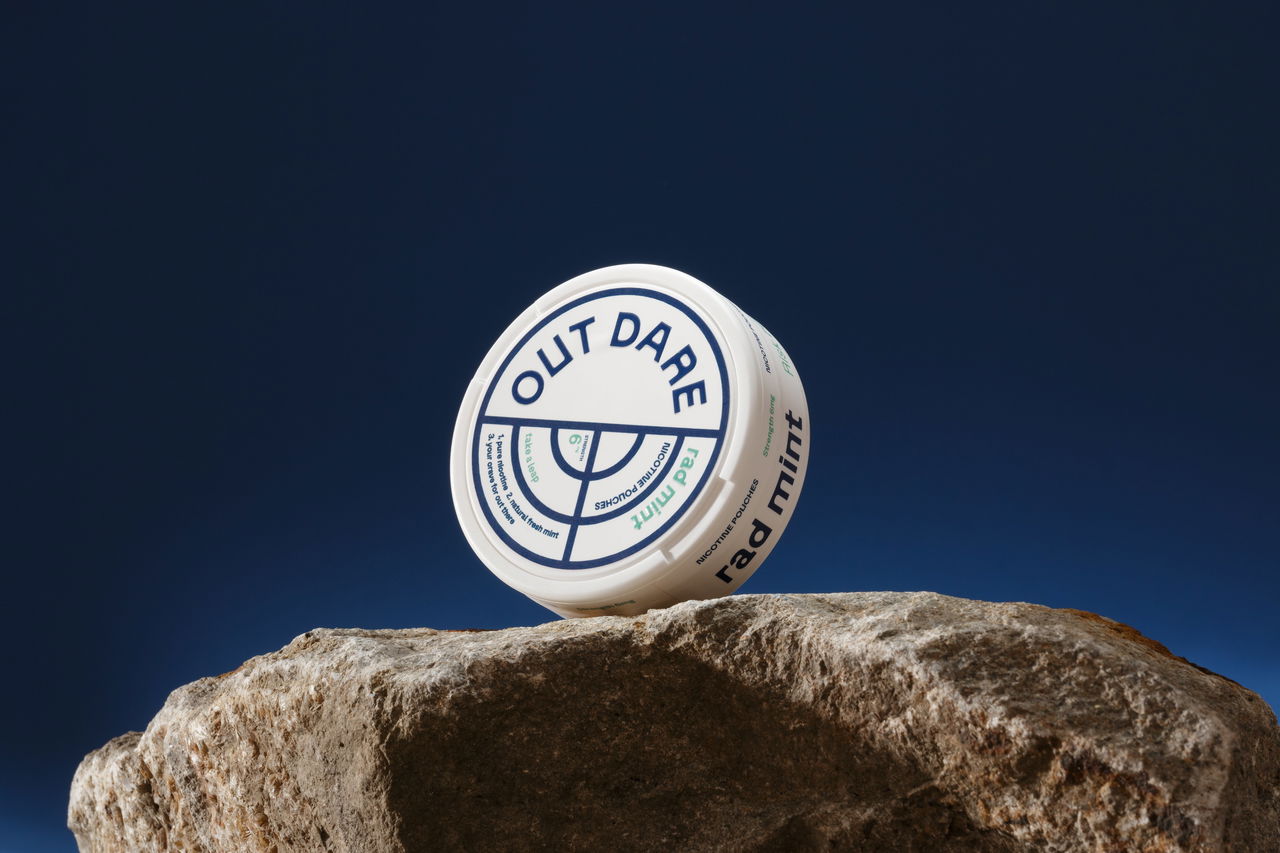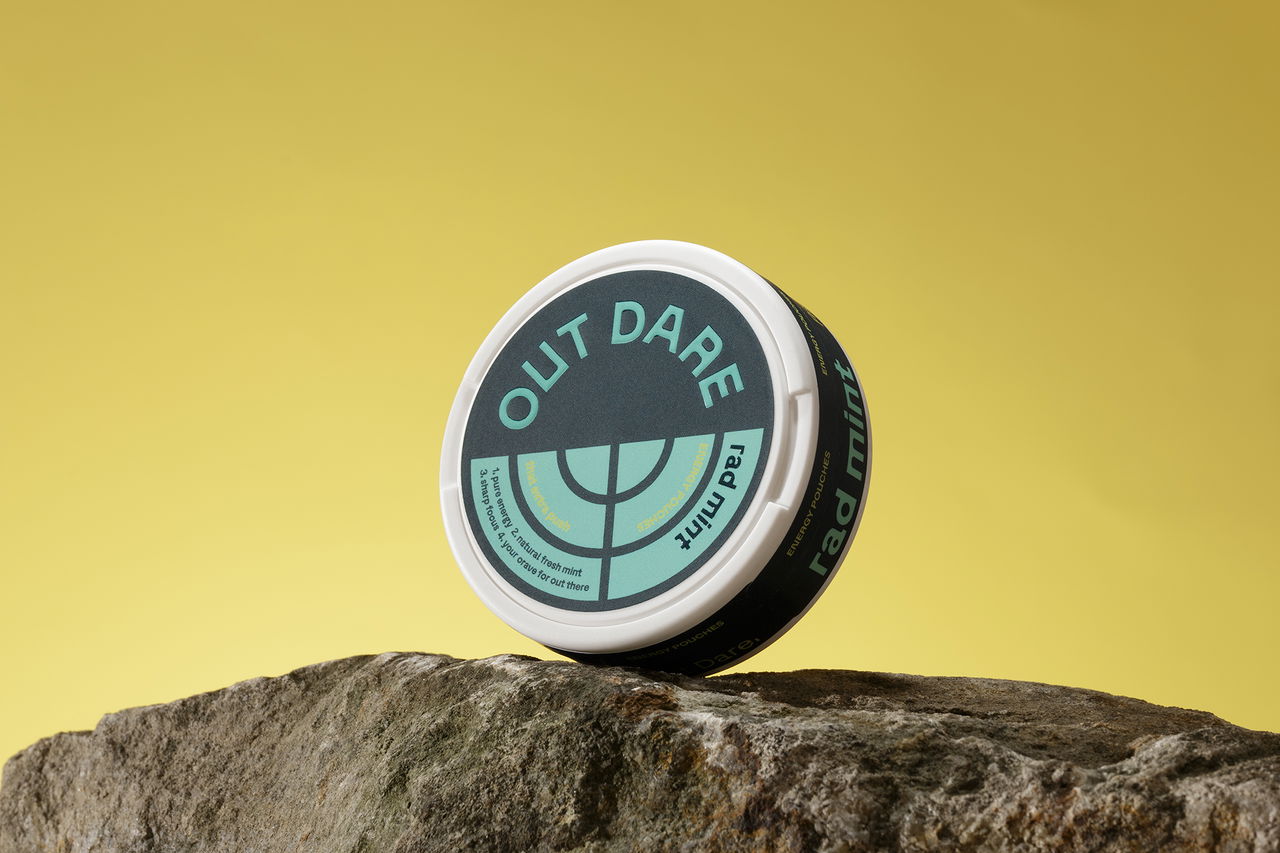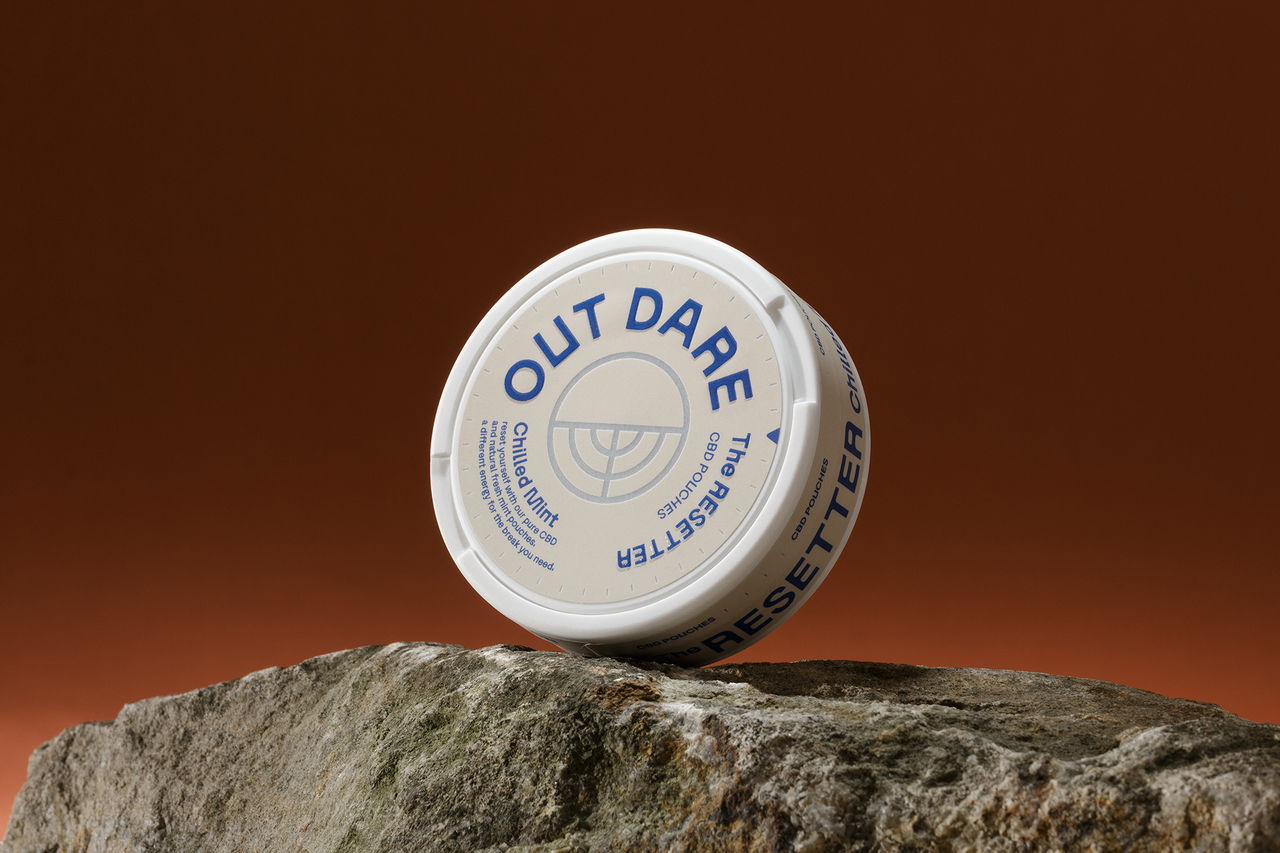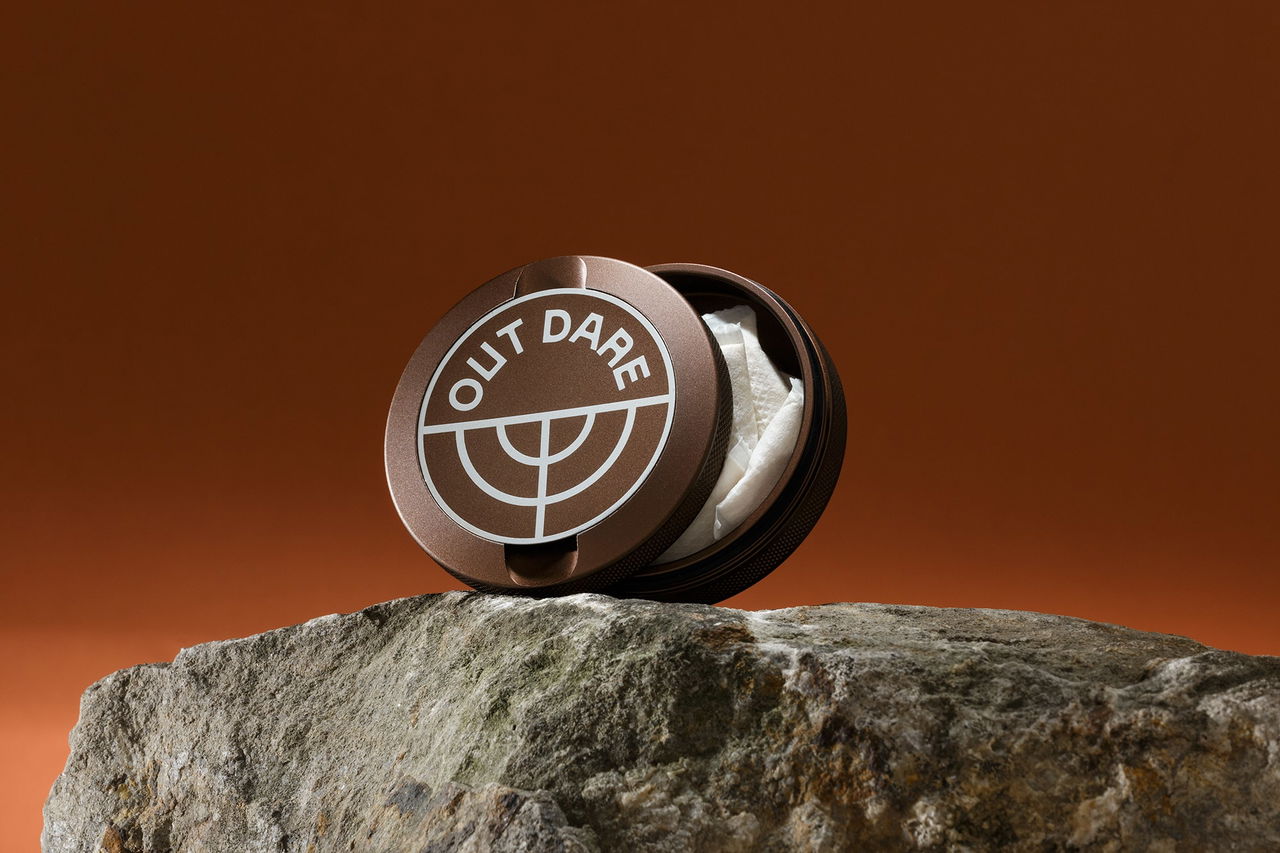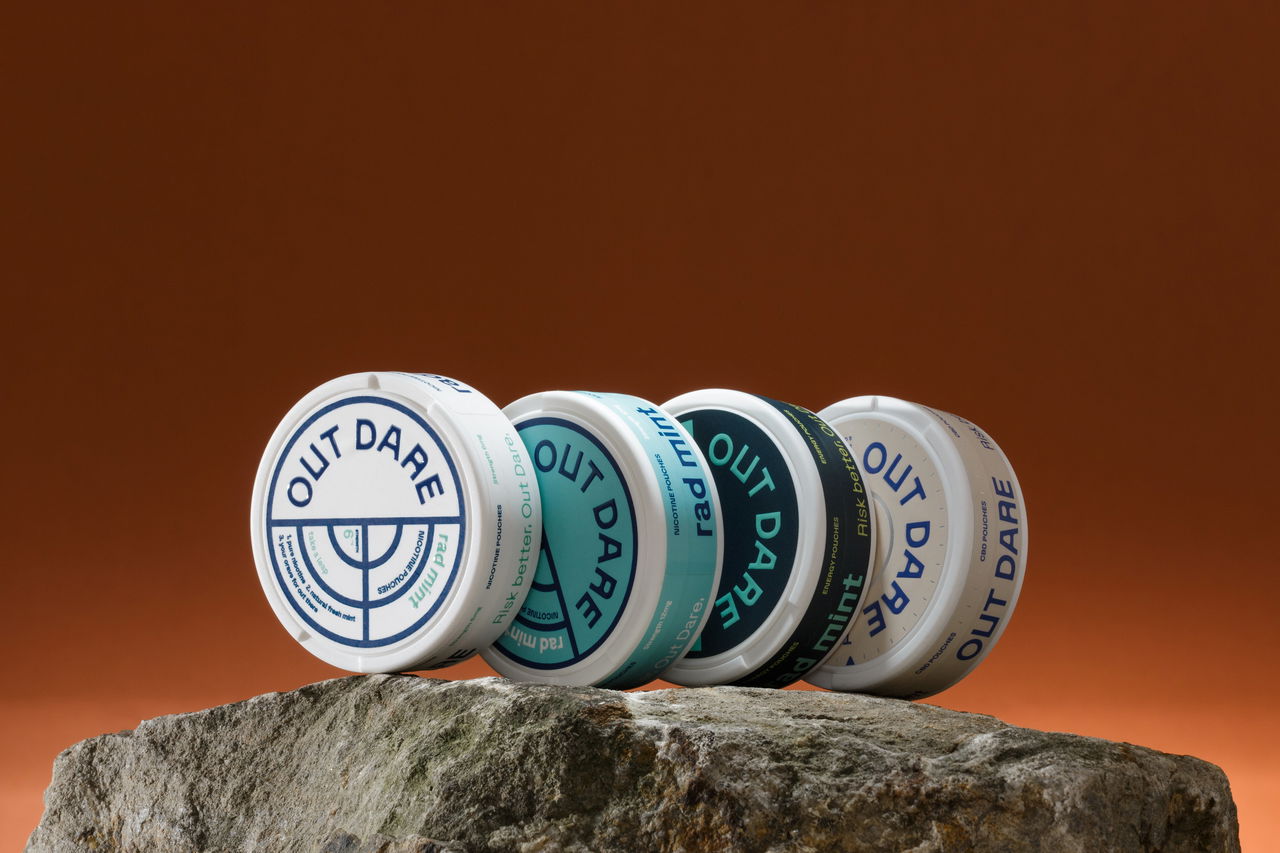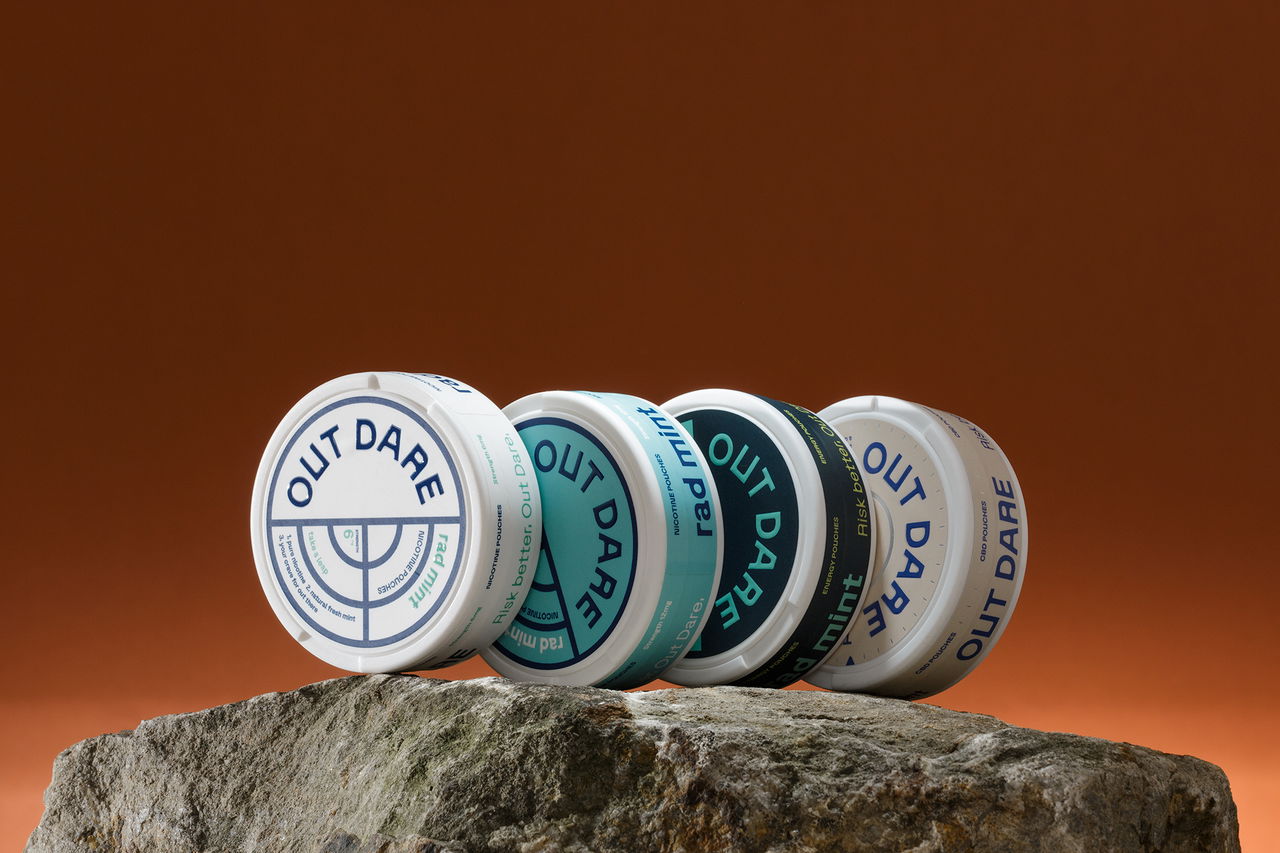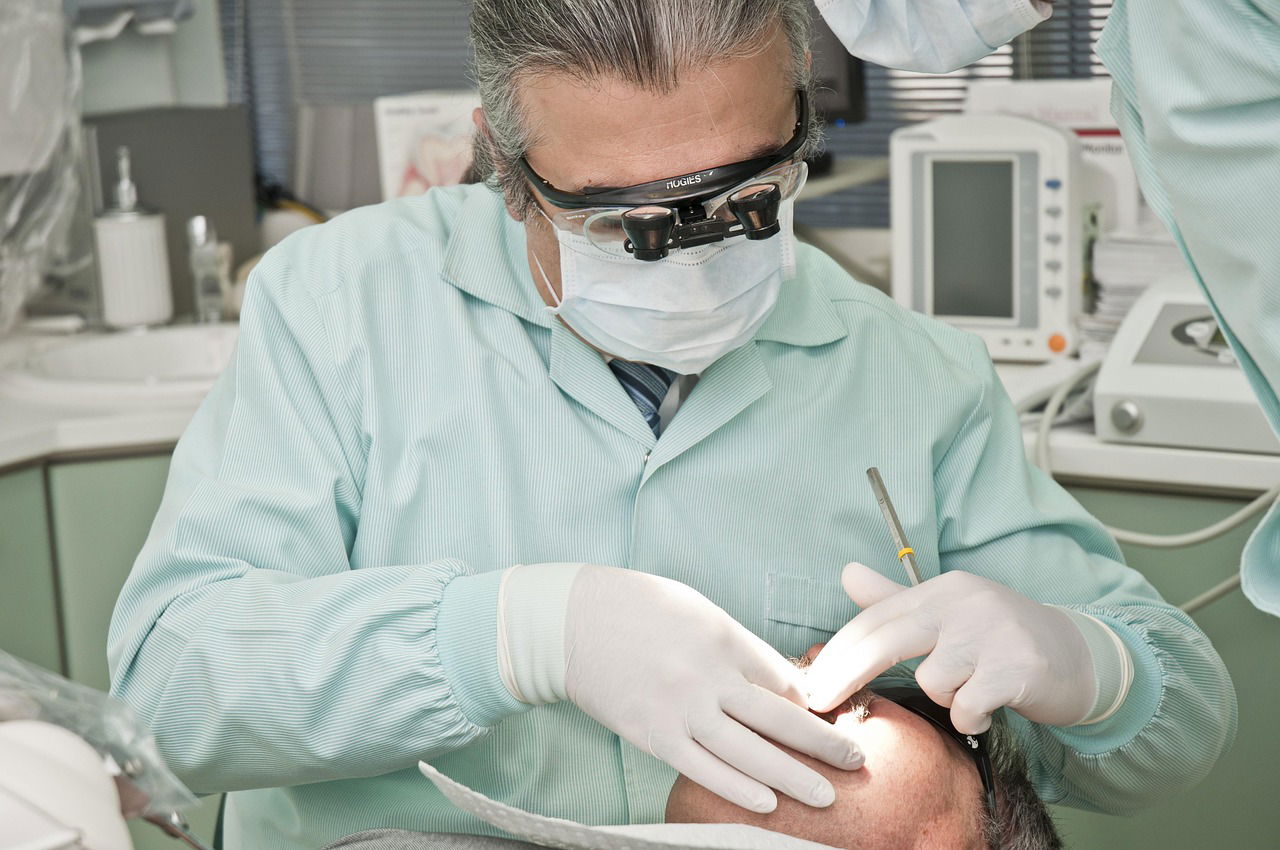
Can a Dentist Tell If You Smoke? What Dentists Know

Written by
Published
Fri, 28/11/2025
Many people wonder, "Can a dentist tell if you smoke?" The answer is often yes. Dentists are trained to notice the various signs of smoking and vaping during regular dental checkups. Understanding how dentists assess smoking habits can empower patients to be more proactive about their oral health and dental care.
Understanding How Dentists Assess Smoking Habits
When you visit your dentist, they aren't just looking for cavities. Dentists are trained to notice subtle signs that could indicate a smoking habit or vaping. These observations, coupled with honest communication from the patient, help dentists provide the best possible dental care. They assess your overall oral health, looking for issues that are commonly linked to tobacco and nicotine use.
Signs Dentists Look For
One of the most obvious signs a dentist might notice is stains on your teeth. Smoking cigarettes, vaping, or even smoking weed can cause yellow or brown discoloration. Beyond stains, dentists are trained to observe other indicators, including:
Bad breath
Dry mouth
Increased plaque buildup
The dentist may also check for signs of gum disease, which is more prevalent among smokers due to reduced blood flow to the gums.
Effects of Smoking on Oral Health
The effects of smoking on oral health are significant and wide-ranging. Smoking and vaping increase the risk of gum disease and oral cancer. The harmful chemicals in tobacco and vape liquids can lead to tooth decay, tooth loss, and periodontal disease. Furthermore, smoking can compromise the body's ability to heal, making dental procedures less effective. A dentist can tell you smoke or vape and explain these risks during regular dental checkups.
How Smoking Impacts Dental Hygiene
Smoking can negatively impact your oral hygiene in several ways. It reduces saliva production, leading to dry mouth, which allows bacteria to thrive and increases the risk of tooth decay. Smokers often experience increased plaque and tartar buildup, making it harder to maintain clean teeth and gums, even with diligent brushing and flossing. Because of poor oral hygiene, smokers should visit their dentist regularly. A dentist can also recommend special mouthwash.
The Connection Between Smoking and Oral Health
Oral Cancer and Smoking
The link between smoking and oral cancer is well-established, and your dentist is acutely aware of this connection. Regular dental checkups are crucial for early detection. Dentists are trained to notice any suspicious lesions or abnormalities in the mouth that could be signs of oral cancer. Smoking, including cigarettes and tobacco products, significantly increases the risk of oral cancer, making it essential to tell your dentist about your smoking habits.
Gum Health in Smokers
Smoking has a devastating impact on gum health. Smokers are more prone to gum disease due to reduced blood flow to the gums. This impaired blood flow hinders the gums' ability to fight off infection, leading to inflammation, bleeding, and eventual tooth loss. A dentist can tell if you smoke by observing the condition of your gums and noting any signs of gum disease. Proper oral hygiene is more important than ever.
Cavities and Smoking
Smoking reduces saliva production, leading to dry mouth, which creates an environment where bacteria thrive, increasing the risk of cavities. Also, poor oral hygiene among smokers further exacerbates the problem. Regular dental care, including brushing and flossing, becomes even more critical for smokers to protect their dental health.
Vaping vs. Smoking: What Dentists Can Tell
Distinguishing Between Smoke and Vape
Dentists are trained to notice the subtle differences between the effects of smoking cigarettes and vaping on oral health. While both can cause problems, the specific patterns of stains, gum inflammation, and other dental issues may differ. A dentist might notice certain indicators that point toward vaping rather than traditional smoking, though both habits negatively impact oral hygiene and increase the risk of gum disease.
Tell If You Smoke or Vape
Often, dentists can tell if you smoke or vape based on the combination of visible signs and patient history. The severity and type of stains on your teeth, the condition of your gums, and the presence of dry mouth can provide clues. It's crucial to be honest with your dentist about your smoking habits, including whether you smoke cigarettes, vape, or smoke weed, as this information helps them provide appropriate dental care and recommendations.
Smoking Weed: Dental Implications
Smoking weed can also have specific dental implications that your dentist can recognize. Like tobacco, smoking weed can lead to dry mouth, which increases the risk of tooth decay and gum disease. Additionally, smoking weed can cause a distinct odor and may contribute to teeth and gum irritation. It's essential to inform your dentist about your smoking weed habits so they can assess your oral health accurately and provide tailored advice on oral hygiene.
How to Communicate with Your Dentist
Why You Should Tell Your Dentist
It is essential to tell your dentist about your smoking habits, as this information is vital for your dental care. Dentists are trained to understand how smoking affects your oral health, and knowing your habits allows them to tailor your treatment plan accordingly. By being honest with your dentist, you enable them to provide the best possible care and address any potential issues arising from smoking, such as gum disease or oral cancer.
How to Discuss Smoking Habits
Discussing your smoking habits with your dentist doesn't have to be uncomfortable. Approach the conversation openly and honestly, providing details about the frequency and duration of your smoking. Remember that your dentist is there to support your dental health, not to judge you. Sharing information about your smoking habits allows your dentist to assess your risk for issues like tooth decay and oral cancer accurately.
Regular Dental Visits and Smoking
Regular dental checkups are even more crucial for smokers due to the increased risk of various dental problems. These visits allow your dentist to monitor your oral health closely, identify any early signs of gum disease, and provide timely interventions. During these appointments, your dentist can also offer guidance on how to improve your oral hygiene and mitigate the effects of smoking on your teeth and gums.
Supporting Your Oral Health While Quitting Smoking
How Dentists Can Help
Dentists can help you in your journey to quit smoking by providing support and resources tailored to your needs. They can offer advice on managing dry mouth, a common side effect of quitting, and suggest products like mouthwash or saliva substitutes. Additionally, your dentist may recommend nicotine replacement therapies or connect you with smoking cessation programs to improve your chances of success. Maintaining regular dental appointments will also help you monitor your oral health during this transition.
Strategies to Quit Smoking
Quitting smoking requires a multifaceted approach that often involves a combination of strategies. Nicotine replacement therapies, such as patches, gums, or lozenges, can help reduce cravings and withdrawal symptoms. Support groups and counseling can provide emotional support and practical advice. Remember, quitting smoking is a process, and setbacks are normal. Work closely with your dentist and other healthcare professionals to develop a plan that works for you.
Maintaining Oral Hygiene After Quitting
Maintaining excellent oral hygiene after quitting smoking is crucial for restoring your dental health. Continue to brush and floss regularly to remove plaque and prevent tooth decay. Consider using a fluoride mouthwash to strengthen your teeth and protect against cavities. Regular dental checkups will help your dentist monitor your progress and address any remaining issues, such as stains on your teeth. Teeth whitening may also be an option to restore your smile's brightness.








